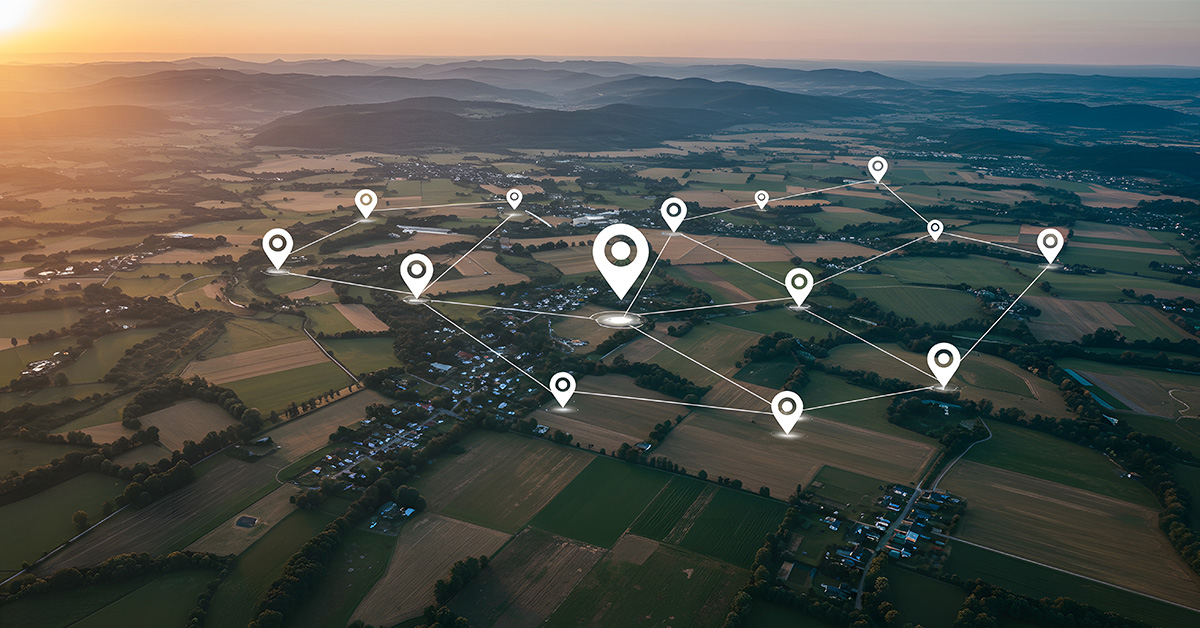.jpg)
Africa's economy is undergoing a digital revolution, and at the front of this dynamic shift is e-commerce, or the buying and selling of products and services online. Africa's internet access rate, smartphone usage, and youthful, proficient technology population are driving this continent's rapid transformation into a dynamic and promising online commerce industry. By 2025, almost half a billion users are expected to be embracing e-commerce, representing a consistent 17% compound annual growth rate (CAGR) for customers utilizing the internet, according to experts. Both consumers and businesses have a special opportunity as a result of this growth. The term "e-commerce," or electronic commerce, describes the purchasing and selling of products and services over the Internet. It includes an extensive virtual marketplace where companies sell goods and services, and customers browse, buy, and safely make payments online.
According to a 2022 Raydiant report, online purchasing is currently preferred by over 55.6% of consumers, indicating a rise in e-commerce platform adoption and trust. This pattern signals a market that is maturing, where customers value the flexibility and variety that online retailers provide and are at ease with conducting business digitally.
Challenges
.jpg)
- Infrastructure and Logistics: Inadequate infrastructure and logistical challenges may hamper the efficiency of e-commerce operations, especially when it comes to delivering products to distant places. To guarantee timely and affordable deliveries- a critical component of customer satisfaction- investments in infrastructure development and improved transportation networks are needed.
- Payment Systems: Online transactions may not be an ideal match for some African country's traditional payment methods. Although useful for some, cash on delivery can be difficult and hinder the ability of e-commerce enterprises to flourish. However, circumstances are changing with the introduction of digital payment methods like wallets and mobile money. By providing safe and practical payment options, these innovative approaches encourage greater involvement in the e-commerce ecosystem.
- Security and Trust: Gaining the trust of customers is crucial. Robust cybersecurity measures are a top priority for e-commerce companies to defend against attacks like ransomware, malware, and phishing. Data security and privacy are significant concerns and companies need to show that they are dedicated to protecting customer information.
- Competition and Price Transparency: The e-commerce market in Africa is getting increasingly competitive. To stand out from the competition, businesses need to adopt different diversification strategies. This might involve using a powerful brand identity, producing unique goods or services, or delivering outstanding customer care. In the digital age, price transparency means that companies must be updated on what other companies are charging and modify their strategies to stay competitive.
Advantages of E-commerce in Africa
.jpg)
- Market Expansion: Businesses can now reach new customers in remote rural locations by using e-commerce to overcome limitations in geography. This opens up the possibility of exporting goods to a worldwide market in addition to increasing their home client.
- Reduced Overhead Expenses: Establishing and maintaining an online store is much cheaper than opening a conventional brick-and-mortar store. Businesses can be launched and managed more effectively, especially in the early phases, when physical storefronts and related costs like rent, electricity, and employees are eliminated.
- 24/7 Availability: E-commerce platforms are always open, around the clock, unlike physical establishments, which have set hours of operation. This guarantees that clients may always purchase goods and services. Both buyers and sellers will find many benefits with this constant accessibility, which fits in well with today's busy schedules.
- Scalability and Growth: Access to a wide and varied consumer base in Africa and beyond is possible through the Internet. Without the geographic limitations of conventional locations, e-commerce companies may simply expand their operations to meet increasing customer demand. This enables them to adjust to changes in the market and grow naturally.
- Data-Driven Marketing: E-commerce platforms provide relevant customer data about the tastes and behavior of their customers. Companies can use this information to target particular populations with offers that are relevant to them, personalize marketing campaigns, and increase sales and participation.
.jpg)
With growing internet access and mobile phone usage, Africa's e-commerce industry is expanding significantly. This trend offers consumers more convenience and more choices in products, as well as fresh possibilities for businesses to reach a wider audience. To guarantee the industry's continuous growth, it is essential to address logistical issues, promote safe payment methods, and create a competitive atmosphere. E-commerce has the potential to significantly influence Africa's social inclusion and economic growth by addressing these issues. A future with a robust and readily accessible online marketplace seems increasingly plausible as Africa embraces this digital shift.


























































We will verify and publish your comment soon.